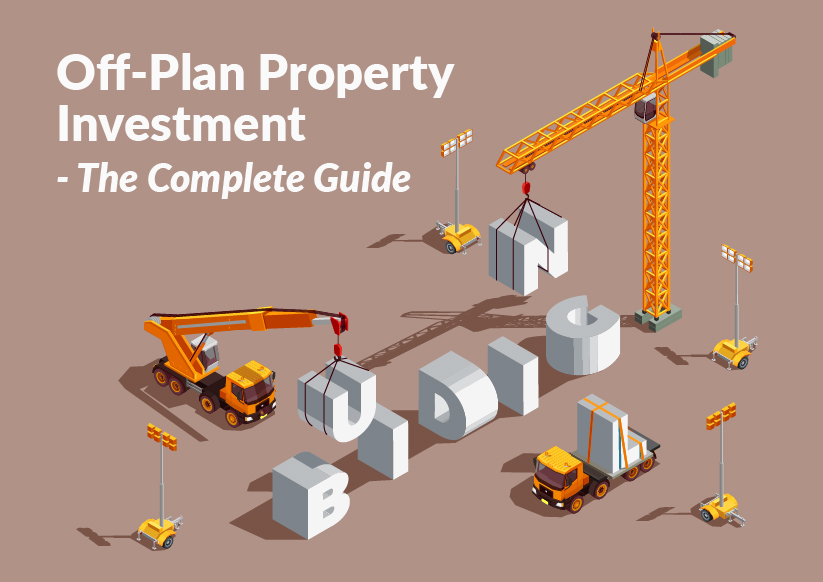
BUYING PROPERTY OFF-PLAN IN KENYA
Buying off-plan property in Kenya means purchasing real estate before it’s completed (often at the blueprint or early construction phase). This is increasingly popular, especially in urban areas like Nairobi, Mombasa, Kisumu, and satellite towns like Syokimau, Ruaka, and Athi River. However, this investment option comes with a unique set of benefits, risks, legal, and practical considerations.
________________________________________
✅ Benefits of Buying Off-Plan in Kenya
1. Lower Purchase Price:
o Off-plan properties are often priced 10–30% lower than completed properties.
o Developers offer discounts, flexible payment plans, and phased payments.
2. Capital Gains/profits Potential:
o Early buyers can benefit from price appreciation by the time construction is completed.
o Good ROI in high-growth areas like Kilimani, Kileleshwa, and Westlands.
3. Customization Options:
o Buyers may influence finishing (tiles, kitchen layout, fittings).
o Good for end-users who want to personalize.
4. Staggered Payment Plans:
o Payments are spread out over construction phases, easing financial pressure.
________________________________________
⚠️ Risks and Disadvantages of Off-Plan Buying
1. Developer Risk:
o Project delays or developer insolvency are common concerns.
o Some developers never complete projects (risk of fraud or incompetence).
2. Market Risk:
o Property values could decline due to oversupply, poor planning, or economic downturns.
3. Quality Risk:
o Delivered product may differ in quality or design from what was promised in marketing brochures.
4. Financing Challenges:
o Banks are cautious with off-plan financing. You may need developer-linked mortgage partners.
o Buyers may need to pay cash or arrange private financing.
________________________________________
⚖️ Legal Considerations
1. Due Diligence on Developer:
o Confirm developer’s track record (past projects, reputation).
o Request company registration documents, CR12 (to identify directors), and previous client references.
2. Land Ownership:
o Ensure the land is genuinely owned or legally controlled by the developer.
o Request a copy of the Title Deed and conduct a search at the Ministry of Lands.
3. Off-Plan Sale Agreement:
o Review the Sale Agreement with a real estate lawyer.
o Must include:
Timelines & phases
Payment plan
Remedies for delays
Exit clauses
Refund provisions if project stalls
4. Approval Documents:
o Verify project has:
NEMA (Environmental) approval
County government building approvals
Architectural and engineering plans approved by NCA (National Construction Authority)
5. Escrow or Stakeholder Account:
o Use an escrow account for payments (held by a lawyer or bank), not direct to the developer.
o Protects against misuse of funds.
________________________________________
🏘️ Real Estate Considerations
1. Return on Investment (ROI):
o Urban growth corridors like Thika Road, Waiyaki Way, Ruiru, Kitengela, and Ngong Road offer 8–12% average annual ROI.
o Look for upcoming infrastructure (roads, SGR links, bypasses, malls).
2. Rental Demand:
o Areas near universities, tech hubs, or business districts (e.g. Westlands, Upper Hill) have high rental yields.
3. Neighbourhood Trends:
o Gated communities, lifestyle apartments with shared amenities (gyms, pools, co-working spaces) are in demand.
o Security and road access are critical.
4. Developer Reputation:
o Top developers like Centum Real Estate, Superior Homes, Mi Vida, etc., have better reliability and transparency.
5. Amenities to Prioritize:
o Water supply (borehole, county water)
o Backup power (generator, solar)
o Parking & green spaces
o School and shopping proximity
________________________________________
✅ Best Practices When Buying Off-Plan in Kenya
1. Engage a Lawyer Early:
o A property lawyer protects your interests at every step, especially in reading fine print.
2. Use a Licensed Real Estate Agent:
o Registered agents under the Estate Agents Registration Board (EARB) help vet projects and negotiate better terms.
3. Conduct Site Visits:
o Visit existing projects by the developer and the proposed site.
4. Insist on a Payment Schedule Linked to Milestones:
o Tie payments to completed phases (foundation, structure, roofing, etc.)
5. Get Insurance for Construction Period:
o Some insurers in Kenya offer cover for off-plan investments (optional but worth exploring).
________________________________________
🧠 Additional Tips:
• Understand Tax Implications:
o Capital gains tax (15%) may apply if you resell.
o Rental income is also taxed
• Exit Strategy:
o Know whether you're buying to flip, rent, or live. Have a clear investment goal.
• Beware of Overhyped Marketing:
o Some developers exaggerate ROI and demand projections. Request feasibility studies.
• Confirm NCA Registration:
o Both developer and contractor must be registered with National Construction Authority.
________________________________________
📝 Documents Checklist
Document Verified By
Title Deed Ministry of Lands search
Sale Agreement Lawyer
NEMA Certificate NEMA
County Approvals County Office
Developer Registration Business Registry (CR12)
Payment Receipts Escrow Account Statements
________________________________________




